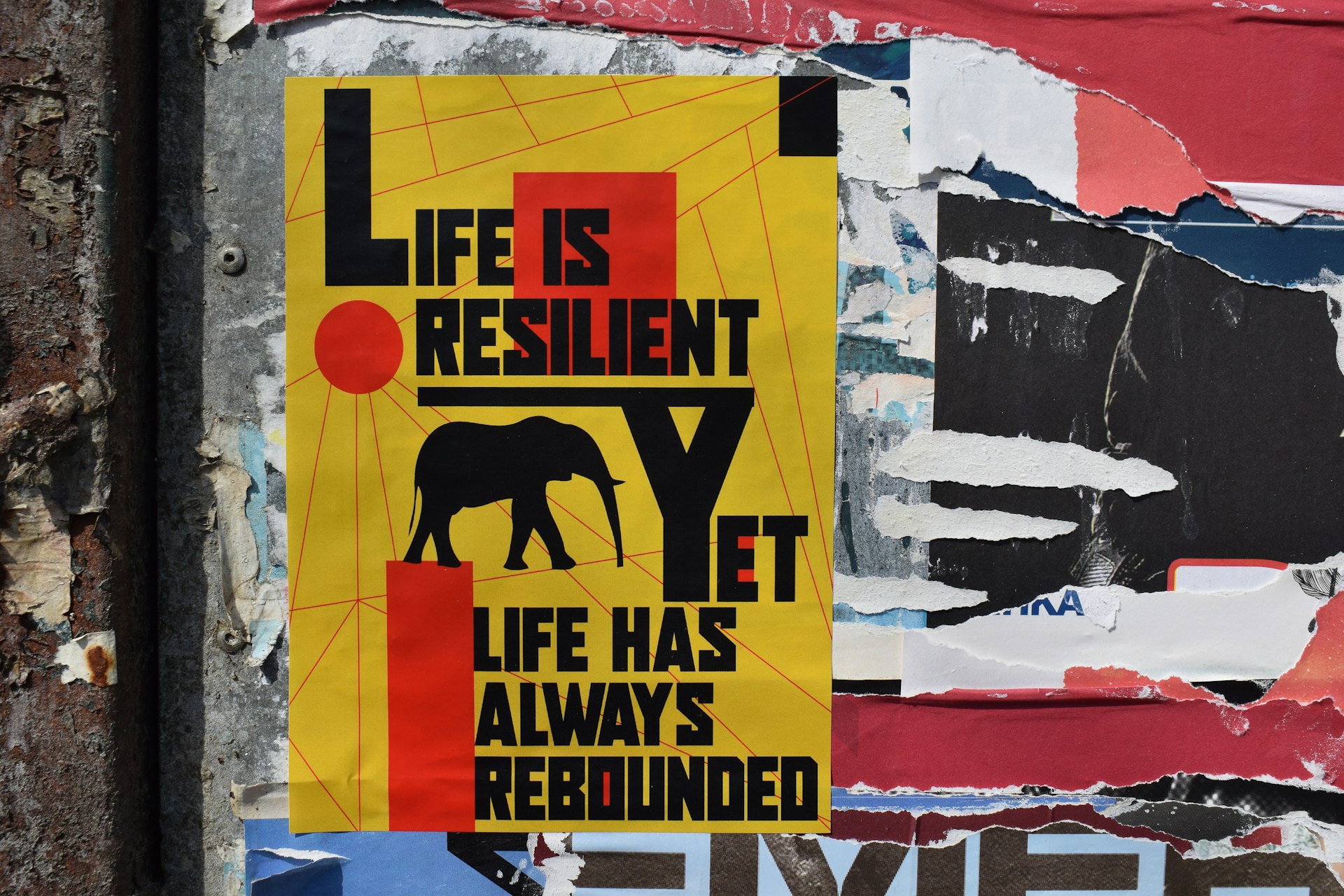How to Access Meaningful Sustainable Travel Experiences in 2025

Photo by INHYEOK PARK on Unsplash
Introduction: The Rise of Sustainable Travel in 2025
Sustainable travel is no longer a niche concept-in 2025, it shapes mainstream travel preferences and the very fabric of the tourism industry. Today’s travelers are not only seeking spectacular destinations but are also driven by a desire to minimize their environmental impact and actively contribute to the well-being of local communities. This shift is backed by recent studies: 93% of global travelers want to make more sustainable choices, and 84% say it is a core priority during trip planning [4] . This article provides a comprehensive guide to accessing sustainable travel experiences in 2025, with step-by-step instructions and practical alternatives for making your next journey both memorable and responsible.
Understanding Sustainable Travel: Key Principles in 2025
At its core, sustainable travel seeks to reduce negative environmental impacts, support local economies, and foster positive cultural exchange. In 2025, the focus has expanded to regenerative tourism -actively restoring and enhancing local ecosystems. This includes participating in conservation activities, supporting biodiversity projects, and prioritizing travel options that leave destinations better than they were found [1] . For example, many travelers engage in reforestation efforts or help protect endangered species as part of their itineraries.
Eco-certification
is another essential aspect: certified accommodations and tour providers demonstrate verifiable commitments to sustainability. Look for widely recognized certifications such as
Green Key
,
EarthCheck
,
Green Globe
, or local initiatives like the
EU Ecolabel
[3]
. These labels ensure that properties and experiences meet rigorous standards for energy efficiency, waste reduction, and community involvement.
How to Find Eco-Friendly Accommodations and Experiences
Finding genuinely sustainable options requires careful research and a critical eye. Here’s how you can identify and book eco-friendly experiences in 2025:
- Use major booking platforms that verify sustainability credentials. Many booking sites now highlight properties with certified eco-friendly practices. Look for specific sustainability badges and review detailed descriptions of each hotel’s initiatives [3] . For added assurance, visit the official websites of certifying organizations to cross-check claims.
- Ask direct questions. Contact hotels or tour operators and inquire about their energy sources, waste management, and community partnerships. Sustainable providers are typically transparent and eager to share details.
- Seek out local, organic food and low-impact activities. Prioritize accommodations offering farm-to-table meals, waste-free dining, and experiences such as hiking or cycling. These not only reduce your carbon footprint but also enrich your travel through authentic local engagement.
If you are unsure about a provider’s sustainability, you can:
- Search for reviews on trusted travel forums and sustainability-focused platforms.
-
Look for properties listed by global initiatives such as
Green Key
or
EarthCheck
. You can find their official directories by searching “Green Key certified hotels directory” or “EarthCheck certified properties” online.
Low-Carbon Transportation: Making Smart Choices
Transportation contributes significantly to travel’s environmental impact. In 2025, many travelers choose trains, electric vehicles, buses, and even bicycles over flights and private cars to minimize emissions [1] . Destinations increasingly offer modern public transport and charging stations for electric vehicles, making green mobility more accessible than ever.
For international travel, consider:
- Booking trains instead of short-haul flights where possible. European and Asian rail networks, for example, offer efficient, scenic, and low-emission travel between major cities.
- Using carbon offset programs provided by airlines or third-party organizations. While offsets aren’t a replacement for emission reductions, they can support vital environmental projects. To offset your trip, search for reputable programs through trusted environmental NGOs or ask your airline for their official offset partner.
For local exploration within your destination:
- Opt for bike rentals, walking tours, or electric shuttle services.
- Ask your accommodation about sustainable transport options-they may offer guest bicycles or shuttle buses powered by renewable energy.
Immersive Community and Regenerative Experiences
Travelers in 2025 increasingly seek experiences that go beyond sightseeing-they want to become active participants in local life and environmental stewardship. This includes:
- Joining conservation projects, such as wildlife monitoring or ecosystem restoration. Many destinations offer programs where visitors can volunteer for a day or longer. For these opportunities, ask your hotel concierge or local tourism office about ongoing projects, or search for “conservation volunteering [destination]” online.
- Participating in cultural exchanges and community-based tourism. These experiences are typically arranged by local cooperatives or NGOs. You can find them by searching for “community tourism programs [destination]” or by contacting local tourism boards directly.
- Taking part in workshops or guided tours led by local residents. This ensures your spending benefits the community and provides deeper cultural understanding.
For those interested in agritourism or rural escapes, look for farms and countryside retreats that welcome guests to experience sustainable agriculture and traditional lifestyles. Search for “agritourism [destination]” and review providers’ environmental practices.
Health, Wellness, and Technology Integration
Wellness and sustainability are deeply intertwined in 2025. Many travelers prioritize sleep quality, healthy environments, and stress reduction while on the road. Hotels and retreats offer wellness rooms, air purification, and allergy-friendly bedding [2] . If you have specific needs, ask accommodations about their air quality measures, noise control, and sleep-support amenities when booking.
Technology also empowers sustainable choices. Innovative travel apps now track your carbon footprint, recommend off-the-beaten-path locations, and connect you with local guides. To find these tools, search your device’s app store with terms like “sustainable travel app” or “carbon footprint tracker travel.” Always verify app developer credentials and reviews before downloading.

Photo by Lala Azizli on Unsplash
Step-by-Step Guide: Planning Your Sustainable Trip in 2025
- Define Your Priorities: Decide which aspects of sustainability matter most-environment, community, wellness, or all three.
- Research Destinations: Look for places that promote responsible tourism. Many official tourism boards now provide detailed sustainability information on their websites.
- Choose Certified Providers: Search for accommodations and tours certified by organizations like Green Key, EarthCheck, or Green Globe. Visit the certifier’s website for official lists, or use booking platforms that highlight these options.
- Plan Low-Carbon Transport: Prioritize trains, buses, or electric vehicles. For international travel, research rail networks or inquire about airline offset programs. For local travel, seek out bike rentals or shuttle services.
- Engage Locally: Include at least one community-based activity or volunteer opportunity. Contact your accommodation, local tourism offices, or trusted NGOs for guidance.
- Monitor and Share Your Impact: Use travel apps to track your environmental footprint and share positive practices with others. Your feedback helps shape future offerings and encourages responsible development.
Potential Challenges and Practical Solutions
While sustainable travel is more accessible than ever, challenges remain. Not all providers are transparent or genuinely committed to sustainability. Greenwashing-making unfounded eco-friendly claims-can mislead travelers. To avoid this:
- Always verify certifications through recognized bodies.
- Look for detailed descriptions of sustainability initiatives, not just vague claims.
- Read recent traveler reviews for honest perspectives on eco-friendly practices.
Price can also be a consideration. While some certified accommodations may cost more, many budget options now adopt effective sustainability measures. Consider traveling off-peak or to less-crowded destinations, which often offer better rates and a more relaxed experience [4] .
For those unable to find verified links or official directories, use the following approach:
- Search for “eco-certified hotels [destination]” and review results from certifier organization websites.
- Contact local tourism boards for official guidance on sustainable experiences.
- If interested in volunteering, search for “conservation volunteer programs [destination]” and review the organization’s credentials before booking.
Alternative Pathways and Additional Guidance
If you cannot access a preferred eco-certified option, consider the following alternatives:
- Choose smaller, locally-owned accommodations that source products and staff locally. Ask about their environmental efforts before booking.
- Prioritize experiences that benefit the local community directly, such as dining at family-run restaurants or shopping at local markets.
- If booking through a travel agent, request information about their sustainability policies and partnerships with responsible providers.
Key Takeaways
Sustainable travel in 2025 is not just possible-it is increasingly expected by both travelers and destinations. By prioritizing certified providers, minimizing carbon emissions, and actively supporting local communities, you can ensure your journey has a positive and lasting impact. Use the guidance and strategies above to make informed choices, and always verify the credentials and practices of any provider before booking.



